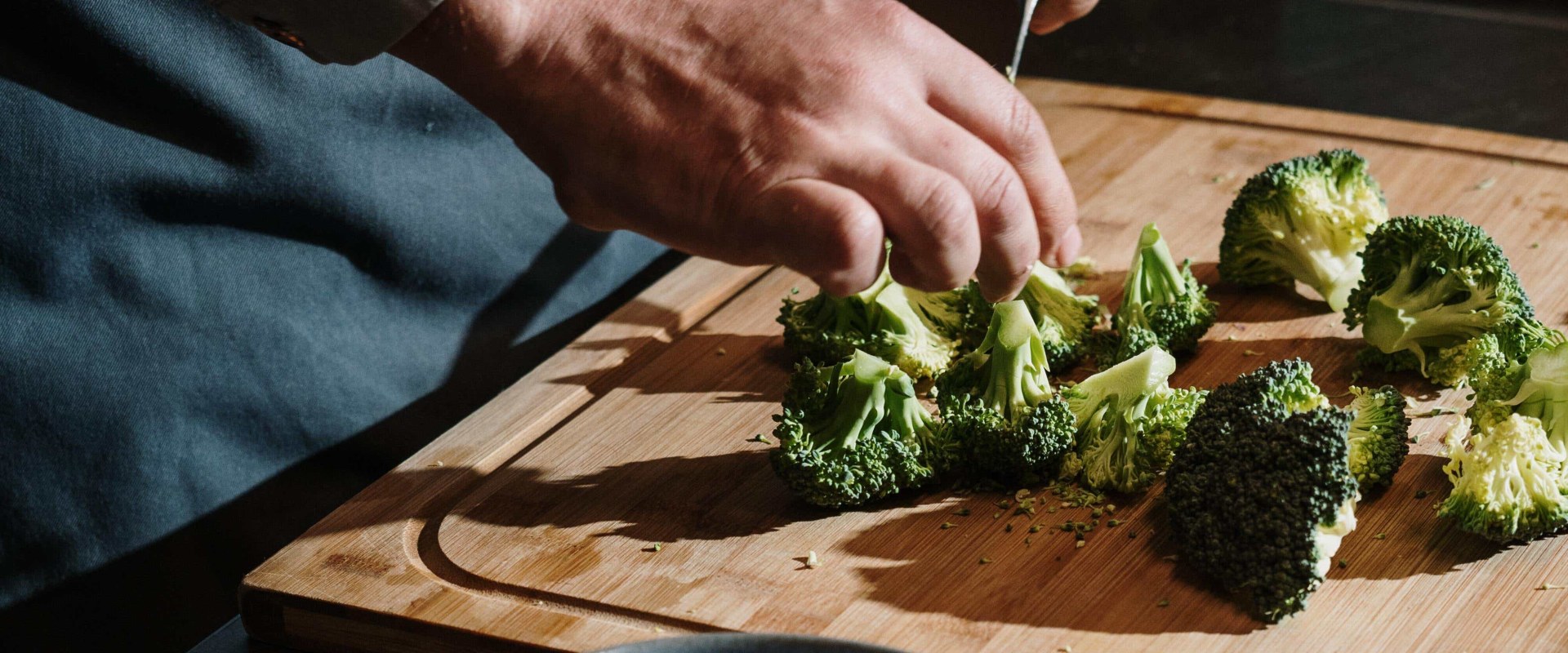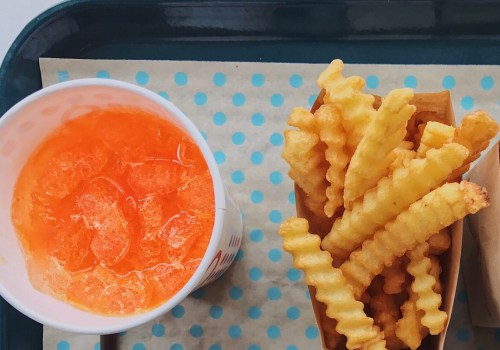Food service workers have a variety of responsibilities, from cleaning the stove to delivering food orders to customers. They must have at least a high school diploma or GED and may need to complete certification courses that cover food safety and handling. Food handlers work in a variety of environments, from production plants to restaurants, and must be able to work independently and maintain their concentration and quality. The primary task of a food handler is to help prepare food for the public.
This includes receiving incoming deliveries of ingredients and other supplies, storing them in appropriate locations, ensuring that utensils and other food preparation tools are clean and disinfected, cleaning up spills and leaks, and removing food debris from work areas. Food handlers also support food safety and handling activities by discarding spoiled or contaminated items. In addition to helping prepare food, food handlers may also create simple dishes such as salads, assist in the kitchen as needed, deliver food orders to customers, keep the kitchen clean and tidy, and answer questions from customers. ServSafe offers training and certification for food handlers, covering food safety and disease prevention in food preparation and service.









